
Dry firing, or pulling the trigger on an unloaded firearm, is a pretty common training method used by shooters to practice their aim, trigger control, and firearm handling without using live ammo. It’s especially great for beginners and advanced gun owners alike, but a common concern is whether dry firing can damage your pistol.

In most modern pistols, dry firing is generally safe and won't cause damage. Manufacturers design these firearms to withstand constant and repeated trigger pulls, even when they’re unloaded. However, the safety of dry firing largely depends on the type of gun you own.

Let’s start with semi-automatic pistols. Many manufacturers, like Glock and Smith & Wesson, say that dry firing is acceptable for a lot of their models. These firearms have been designed with durability in mind, including the firing pin mechanism. That being said, it's always best to check your owner's manual for instructions on dry firing for your gun.

Now, Revolvers, These cool handguns require more caution. Some older models may have components that could be harmed by repeated dry firing, especially if the cylinder or hammer design is not built to handle the impact of the firing pin striking the frame. Though this may be true, the newer revolvers from reputable brands can be more durable.

To avoid any risk of damage, you can definitely use dry fire snap caps aka, dummy rounds designed to cushion the blow of the firing pin's impact. These caps are useful for revolvers and rimfire guns, which are more prone to damage from dry firing. They are also useful with semi-auto guns for practicing on clearing stove pipes, misfires (duds), and other issues that can happen when shooting a gun. They can also be used to sharpen your combat reload and tac reload skills. I digress though.
(Maybe we can write another blog on training with caps shortly)
In conclusion, dry firing is typically safe for modern pistols but should be done carefully, especially for older models or certain types of firearms. When in doubt, always check your manufacturer’s guidelines or check their website for more info to ensure you're practicing safely without permanently damaging your gun.



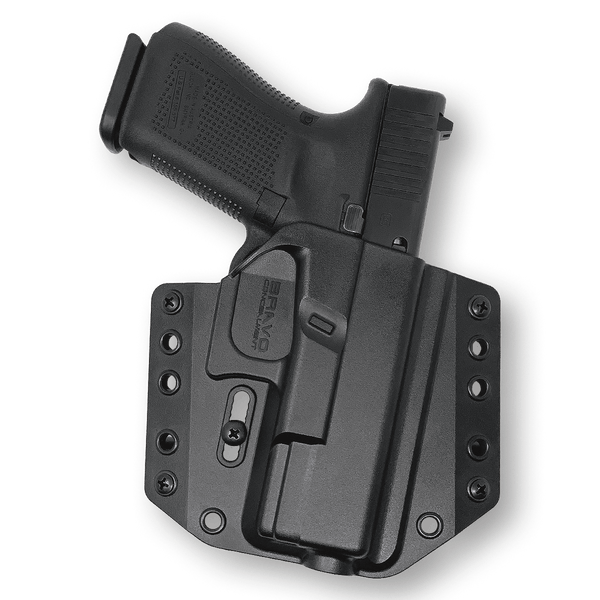
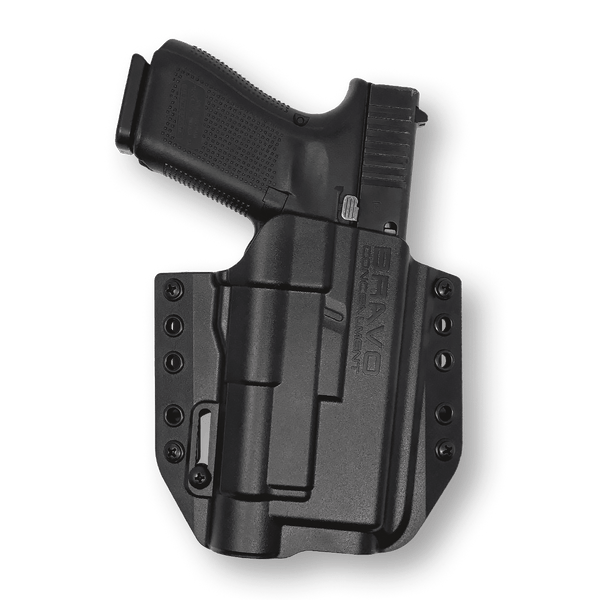
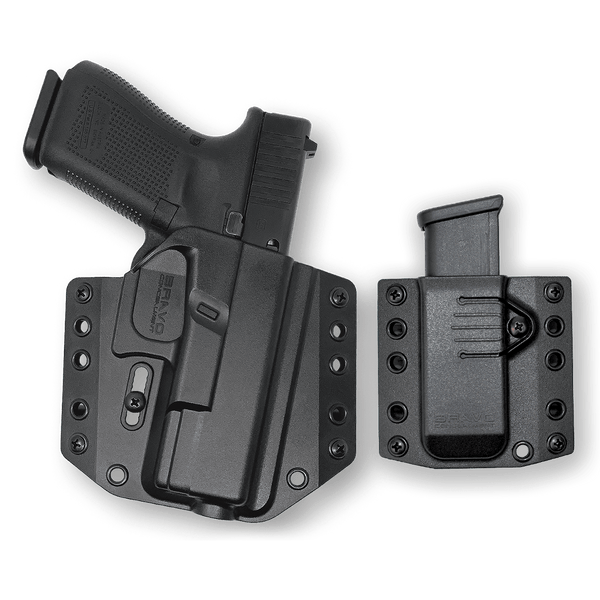

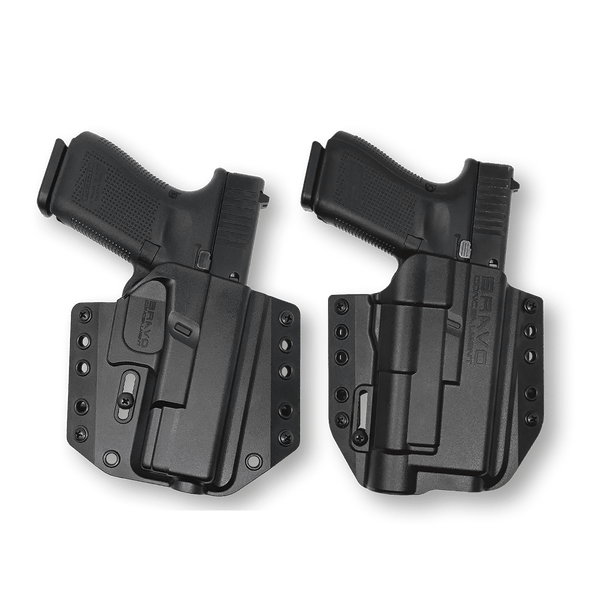
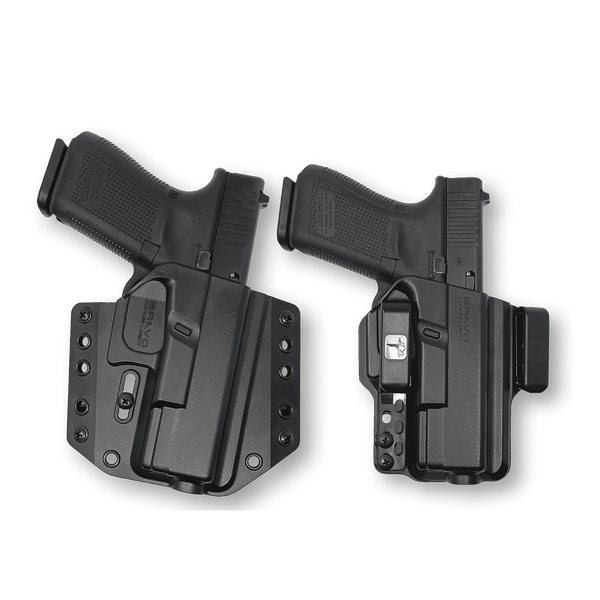
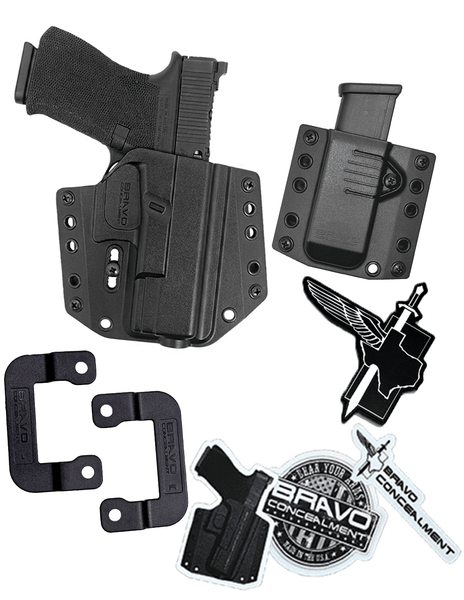
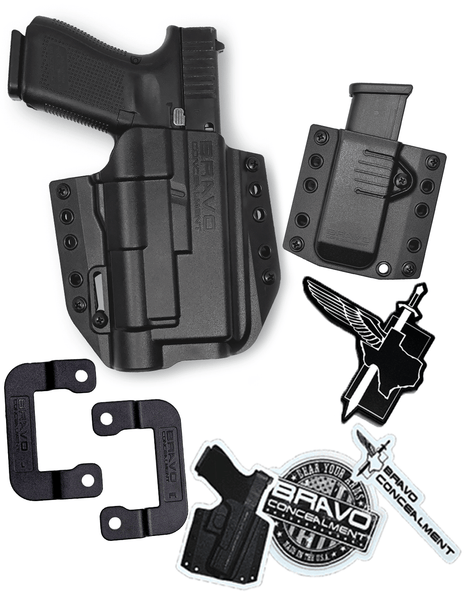
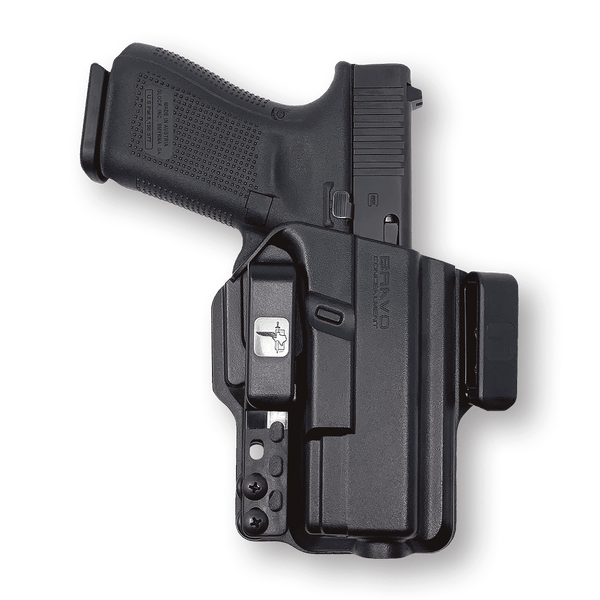
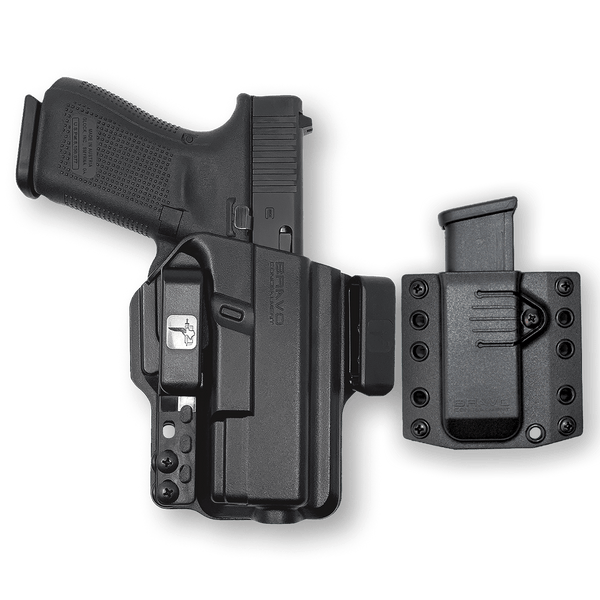
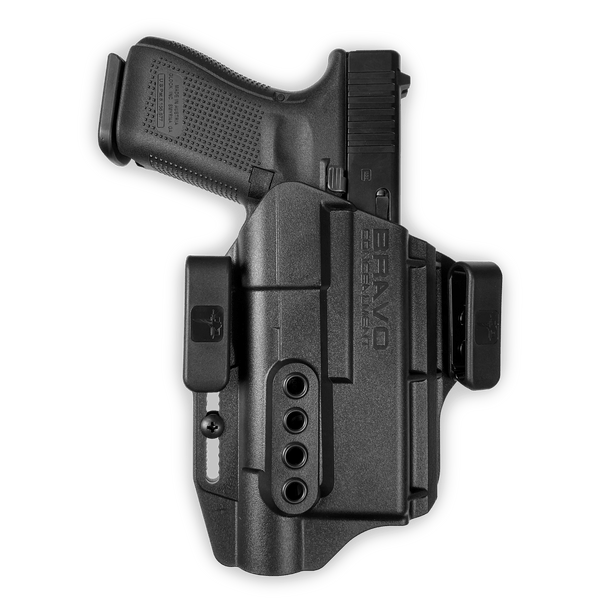
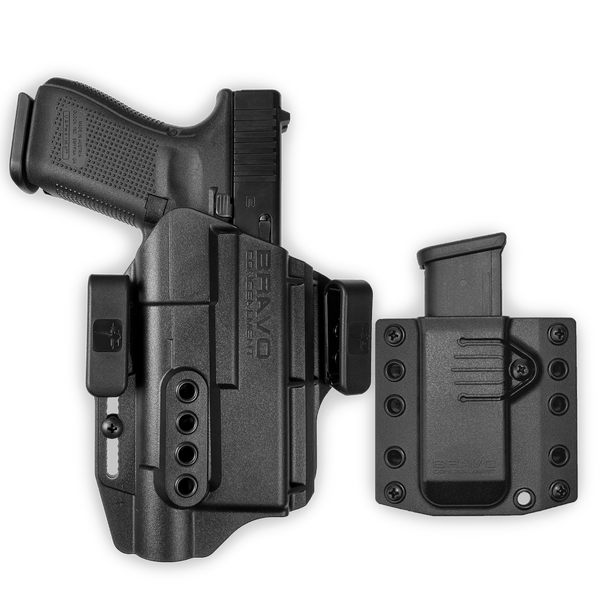
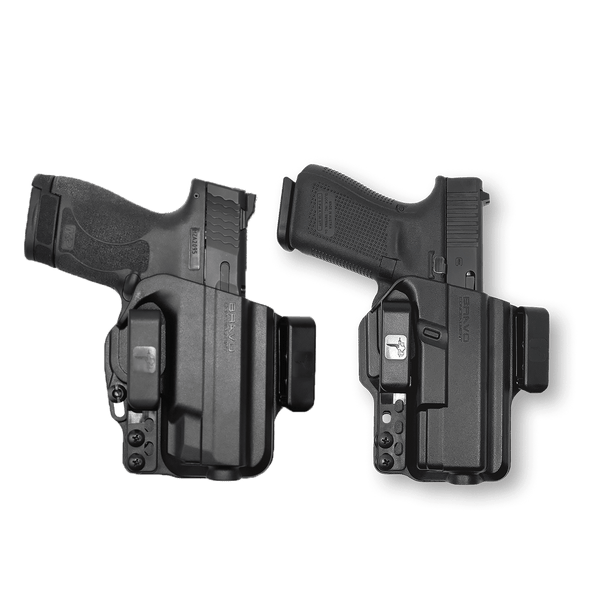
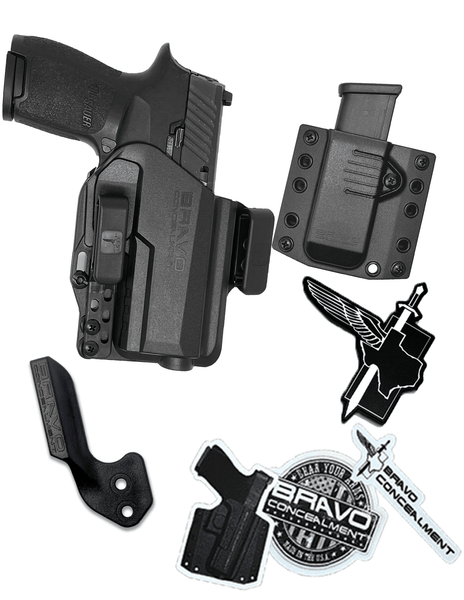

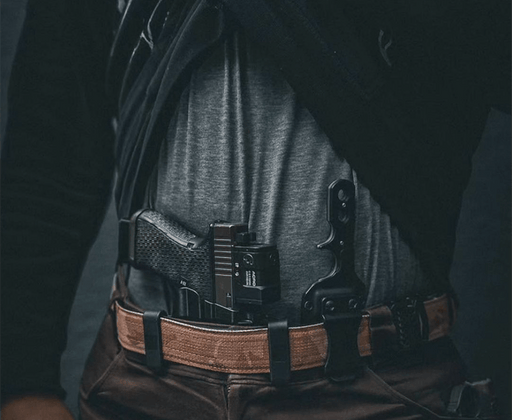
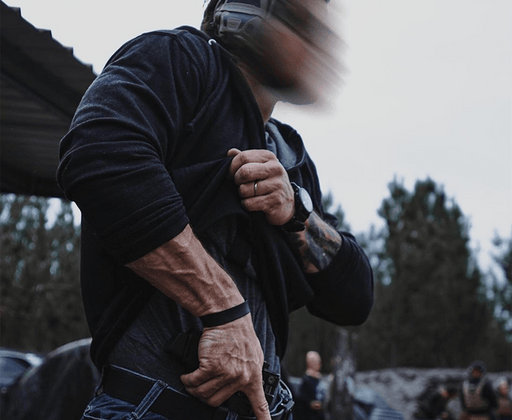
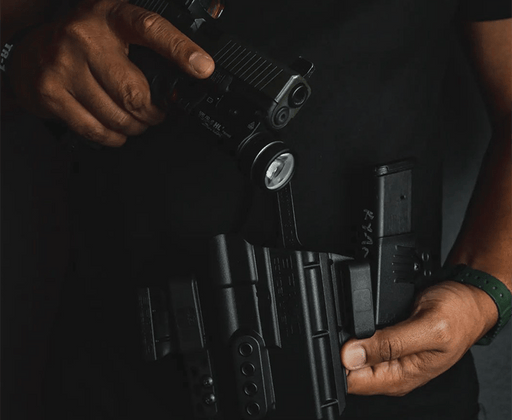
Leave a comment
2 comments
As I understand it, .22LR is not to be dry fired due to work-hardening of the contact point of the hammer impact surface, leading to chipping where it meets the primer…Guaranteed to damage it….am I wrong?
I own several of your excellent concealment holsters and I recommend them to the police and security personnel that I train. Thanks for all you do.